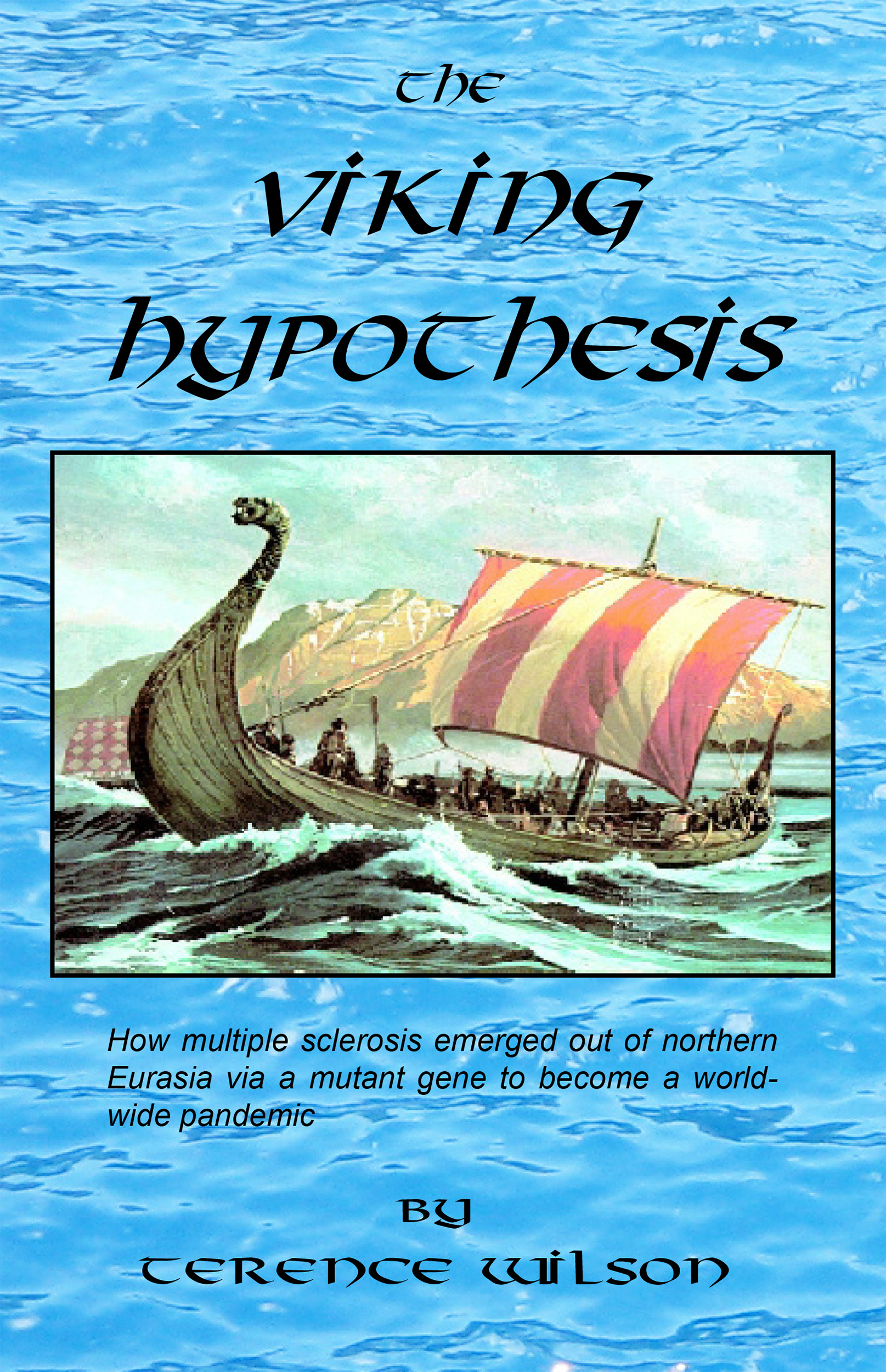Multiple Sclerosis> "The Viking Hypothesis"


For generations the underlying cause of multiple sclerosis has remained a mystery once described as "a conundrum wrapped in an enigma surrounded by a paradox". One particular explanation concerns the dissemination and distribution of a mutant autoimmune gene or group of genes in northern Europe. This theory is called The Viking Hypothesis. In the words of Alastair Compston, professor of neurology and head of the department of clinical neurosciences at Cambridge University
"....as I understand it, they (the Vikings) were in the habit of leaving behind their genetic material in the most generous way!"
Very quickly the author discovered that Viking archaeology and MS epidemiology are inextricably linked.
I do not claim to be an expert. I have no formal medical qualifications nor any scientific background, what I have is 30 years experience living with primary-progressive multiple sclerosis, a background and training in market-research analysis, many years using computers, and an enquiring mind. Not satisfied with the neurologists' answers, the author was driven to find out why he had contracted MS. British penal sentancing from the 18th and 19th centuries contributed substancially to the global distribution of the disease.
This ebook examines the historical background of multiple sclerosis, the Vikings, and the dissemination of this genetic heritage by Scottish immigrants throughout north America and Australasia. It is hoped this straightforward exercise by one layperson will go some way to assuage the doubts of sceptics who don't believe in the Viking Hypothesis and who say, "multiple sclerosis is not inherited".
THE VIKING HYPOTHESIS - review, by Sam Merry* (*Sam Merry has a degree in History, a Masters in Educational Administration and a PhD in Philosophy. He has been a teacher all his life in English schools and colleges, and has also taught around the world in Cairo, Singapore, the Czech republic, France, Germany and China.) |